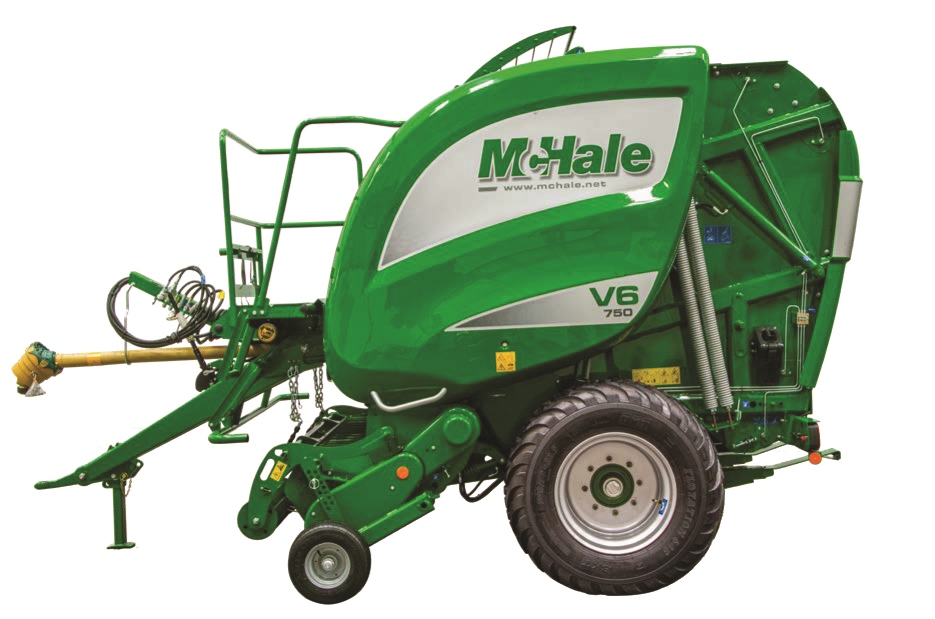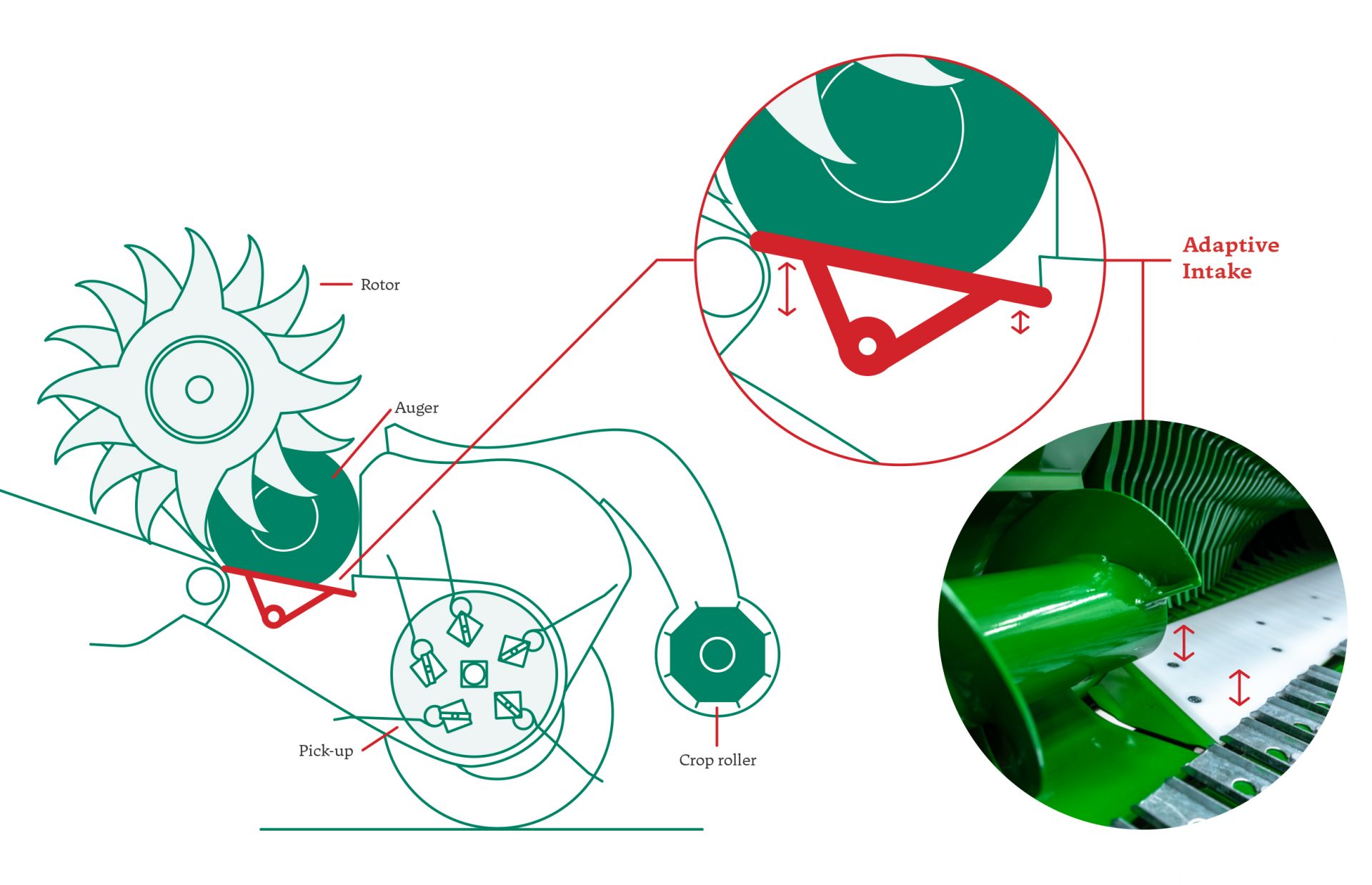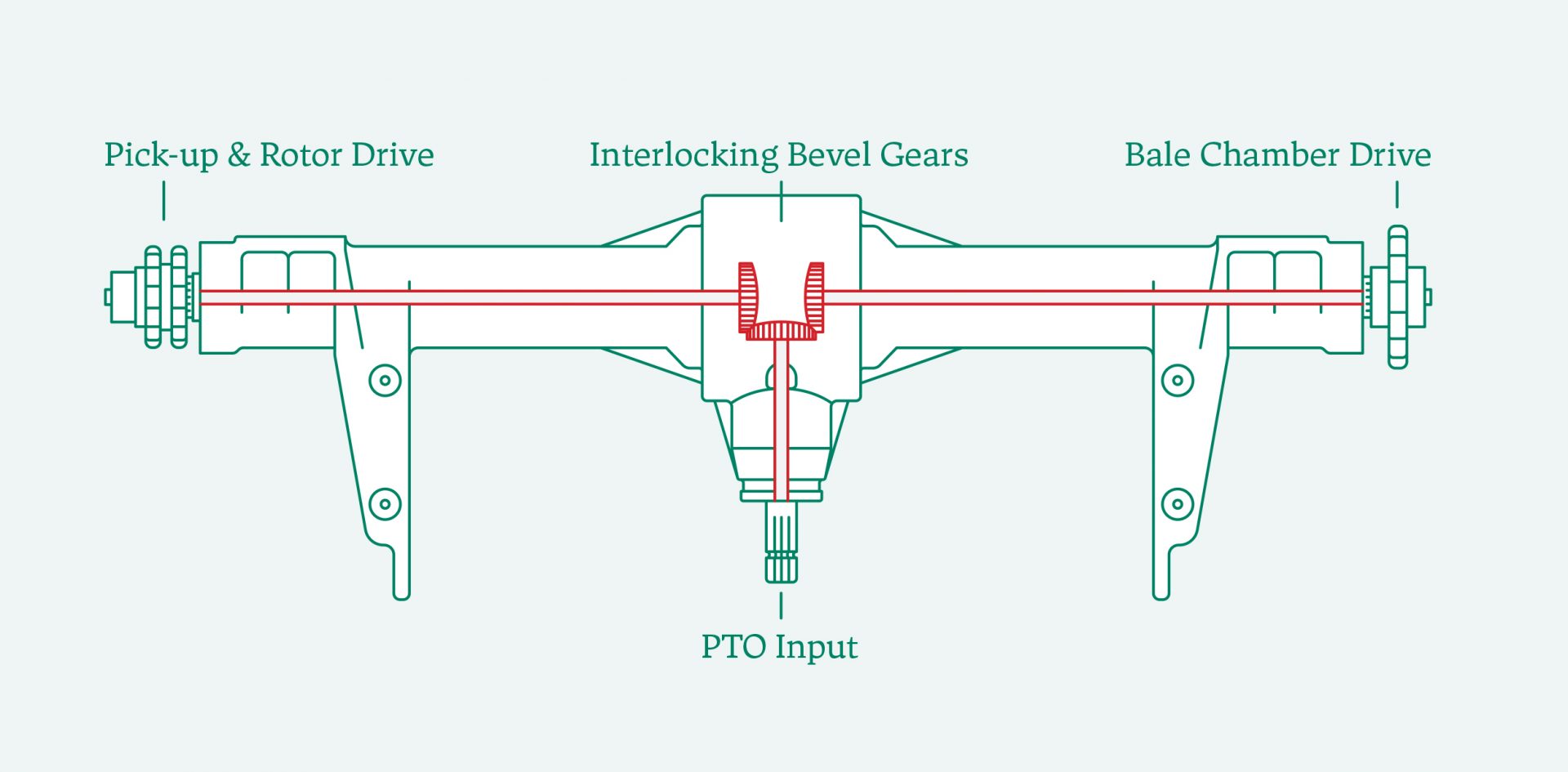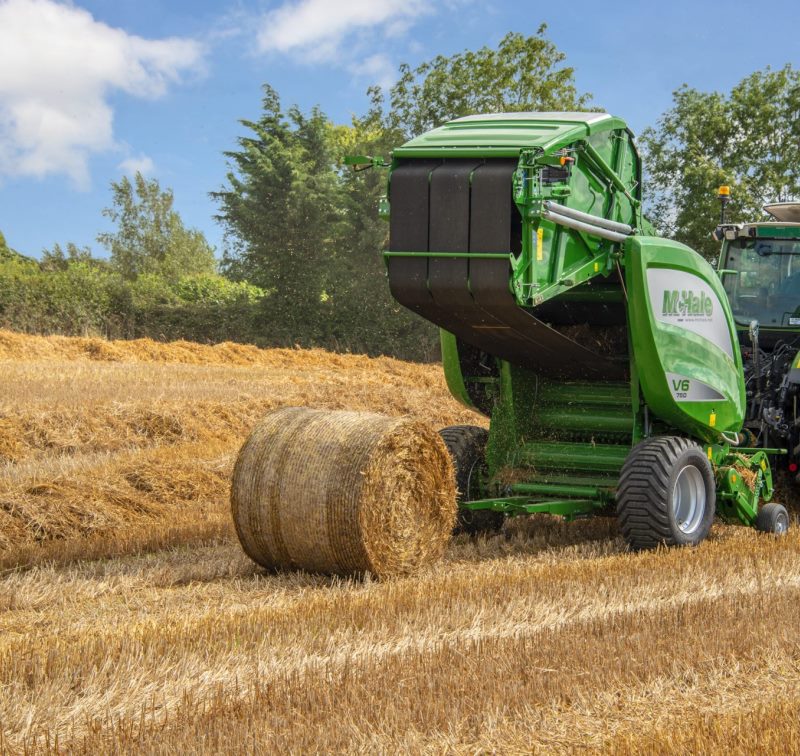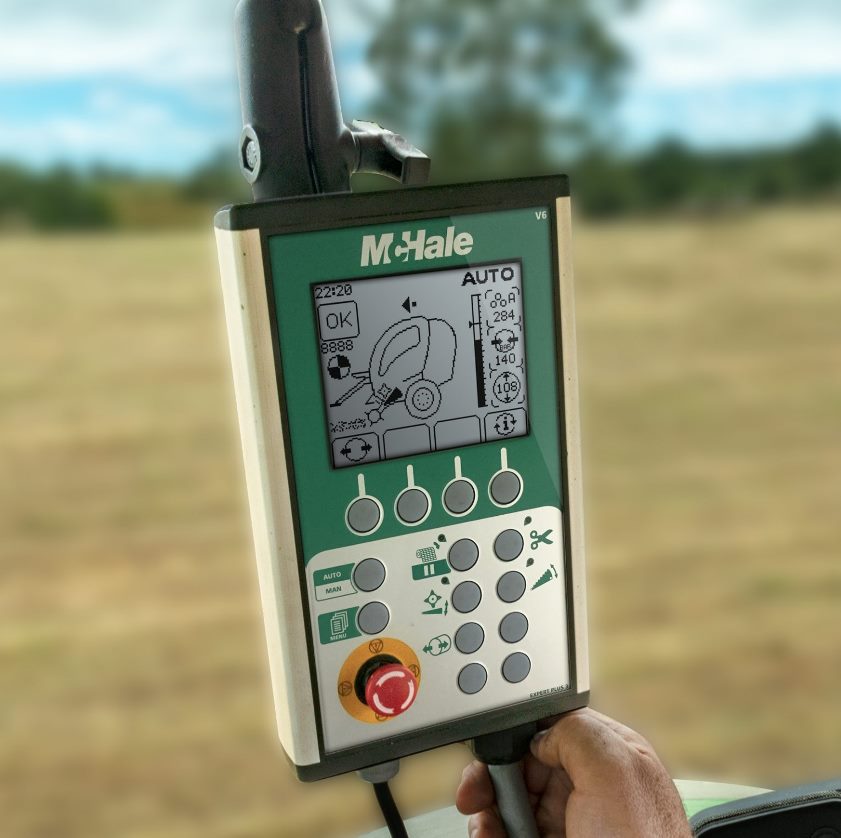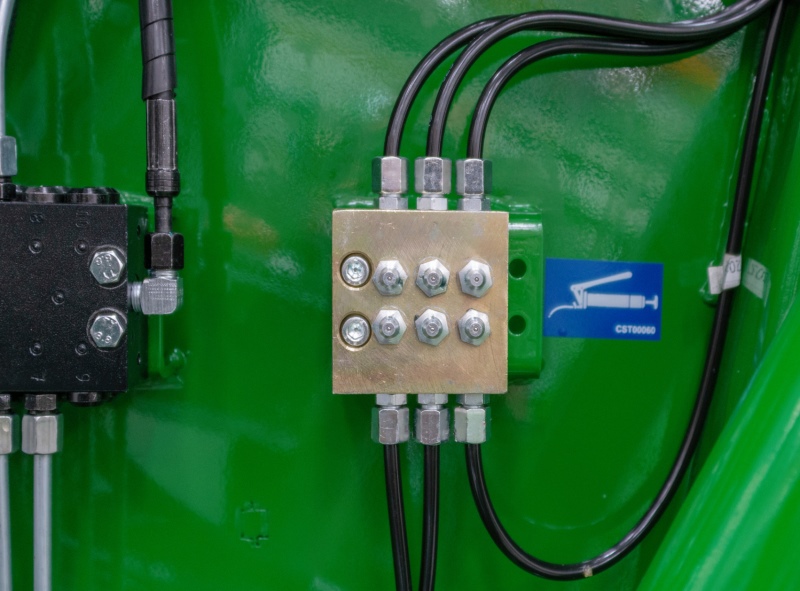McHale have developed various types of pick-ups. After extensive testing, McHale decided it would offer customers the choice of 2 pick-up options depending on their conditions:
Cam Pick-Up - Optional indent order only
- As standard, a cam operated 2.1 m high-intake galvanised pick-up ensures excellent ground cleaning in all types of crop. The cam pick-up runs on a cam track that is fitted with double raced cam bearings to stand up to the most testing of conditions.
- All pick-ups across the McHale variable chamber baler range are fitted with 5 tine bars for excellent delivery of crop to the bale chamber. The 2.1 metre galvanised pick-up will lift even the shortest of crop. A side inspection port allows the operator to quickly check and change the cam bearings.
Camless Pick-Up
- A 2.1 m camless pick-up is available as an option on all machines in the variable chamber baler range. Six tine bars are fitted to all McHale camless pick-ups to provide excellent ground cleaning and fast delivery of crop to the chamber. The new camless pick-up has been designed for increased output, with that in mind the cam-track free pick-up is more reliable, consists of less moving parts and is maintenance free.
All McHale pick-ups come with a number of standard features that include:
Heavy Duty Pick-up
All McHale pick-ups feature heavy-duty tine bar supports to ensure long service life. A vital part of the pick-up is the tine, McHale have developed a pick-up tine designed to lift even the shortest of crop.
Efficient Crop Flow Delivery
The specially designed McHale pick-up is positioned close to the rotor to improve delivery of the crop through the rotor to the bale chamber. Large diameter lateral feed augers help direct crop to the bale chamber ensuring a consistent and even crop flow for producing high density bales.
Adaptive Intake
Over the course of a baling season, machines have to work with different volumes of crop. McHale have designed an adaptive intake which allows the intake area to automatically adjust for light and heavy crops. This avoids peak loads and results in higher daily throughput regardless of working conditions.
